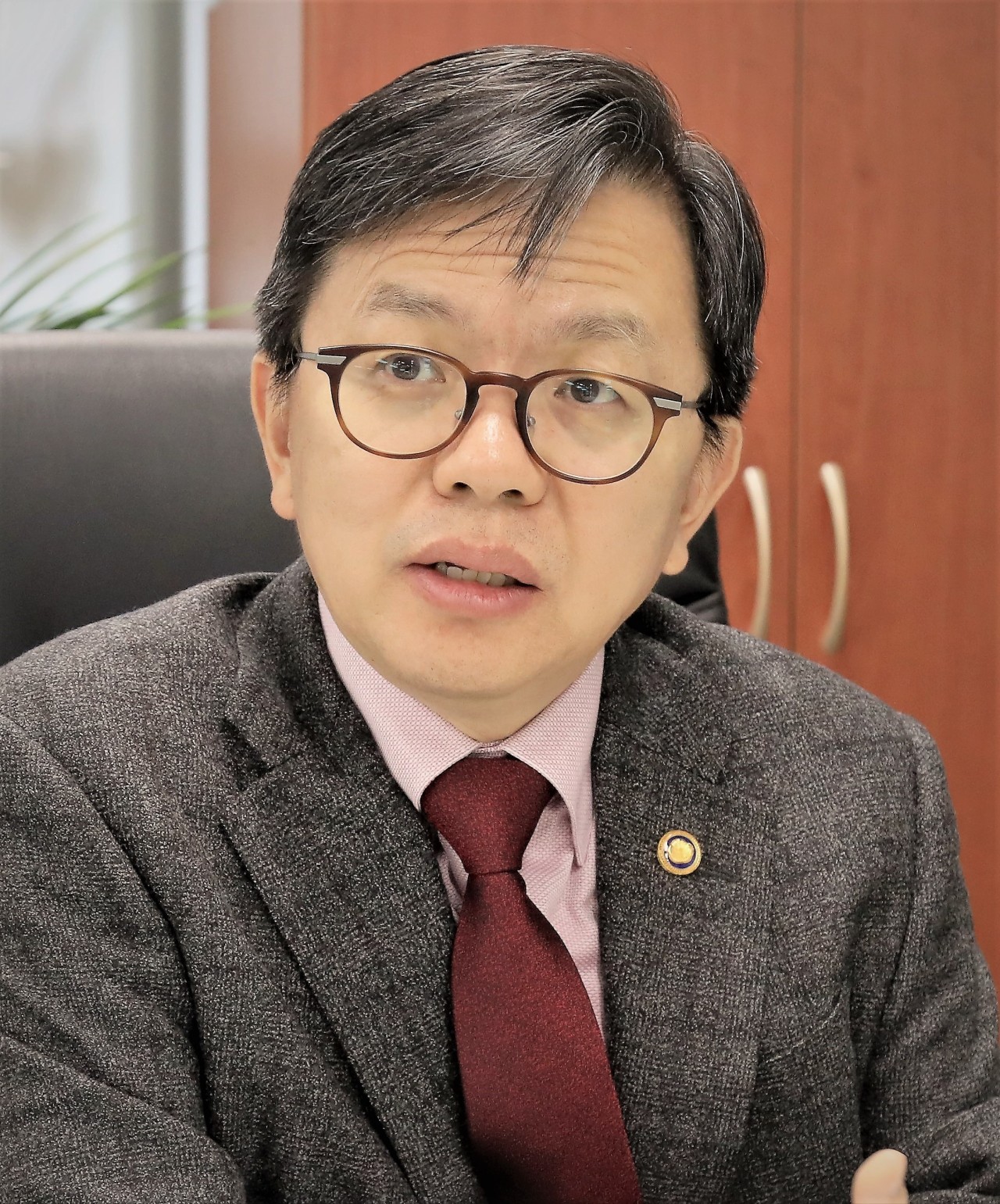 |
Korea Customs Service Commissioner Roh Suk-Hwan (KCS) |
Under the impact of the COVID-19 pandemic and ongoing trade disputes between nations, South Korea’s trade-reliant companies are going through a difficult time.
Struggling to survive in this hard time, often likened to the “barley hump,” they have made desperate efforts. The “barley hump,” is a Korean way of describing the lean season, known in some countries as the hunger gap, when the fall harvest runs out but barely anything in the fields is ready to eat yet. It is a good way of describing the hardship that the firms face in the virus-hit global economy.
When I served as vice commissioner of the Korea Customs Service, the US-China trade war began. Then trade restrictions imposed by Japan on Korea became another challenge for local companies. About two months after I took office as commissioner, the novel coronavirus began spreading.
KCS, by its nature, is a government office that closely observes, without any filter, what is happening in the nation’s trade. As we have witnessed difficulties that companies have been going through, the office also made efforts to help them overcome the problems they are facing.
First, we have made deregulatory efforts.
The KCS supported companies so that their imports and exports are cleared at customs within 24 hours by simplifying the process at the nation’s major airports. We also tried to ease firms’ financial burdens by extending the due dates on their tariff tax payments and postponing payments of back taxes. Other efforts to alleviate their difficulties also include providing support for companies to pay expenses needed for customs inspections, allowing post submission of original copies of certificate of origin when applying preferential tax rates under free trade agreements, admitting home sales of stored duty-free goods, introducing a taxpayer advocate system and helping resolve difficulties with customs clearance both in and outside of Korea.
Second, we have accepted some companies’ demands.
To support virus-hit firms, the KCS opened the “COVID-19 Customs Clearance Difficulties Supporting Center” in February and resolved a total of 522 cases as of end-October. Also in March, we quickly identified problems being faced by facial mask import-export companies and shared information with related state offices so that the government could establish a unified policy in regard to exports and distribution of products essential for virus prevention.
We collected public ideas for system improvement and held a meeting with 13 import-export firms to reflect some 40 proposals in customs administration policy in April and May. In September, the KCS also gathered opinions from 39 firms and institutions related to international trade, to seek ways of supporting them as the uncertainty they face lingers. We have been continuously working to be a reliable supporter for these companies.
Third, the KCS closely cooperated with our counterparts overseas.
Local companies that are subject to preferential tax rates under FTAs have to verify the origin of their products from customs authorities both home and abroad. If they cannot respond appropriately by deadline, the special tax benefit can be excluded.
To prevent any possible process failure due to the COVID-19, the KCS has asked the 52 countries that signed free trade agreements with South Korea including the European Union member states, that verification can be made online and for emergency response guidelines to suggest flexible extensions in reply deadlines. As a result, 50 nations have accepted our requests so that the companies can continuously receive the tax benefit.
We also helped develop the Electronic Origin Data Exchange System to use with customs authorities abroad.
Previously, local companies had to submit the original proof of certificate of origin directly to the customs office, which often led to logistics holdups caused by the screening process. But after building up the EODS, they have been able to save both evaluation time and logistical costs due to electronic identification document exchanges. After starting with China in 2016, we successfully established the electronic data exchange system with Indonesia in March. We also plan to cooperate with authorities in Asian countries including Vietnam, India and Thailand to jointly work on building such system.
Now is the time to make more active administrative efforts to better support local firms to withstand the “barley hump.”
The role of the customs office to resolve trade-dependent firms’ difficulties is essential.
Each administrative action by the KCS can provide “life-saving water” to the companies, and further more help revive the national economy and promote trade between countries. That is why customs authorities around the world have to focus their capacities on supporting companies at this important time.
By Roh Suk-hwan
Roh Suk-hwan is commissioner of the Korea Customs Service. Views reflected in this article are his own. -- Ed.








